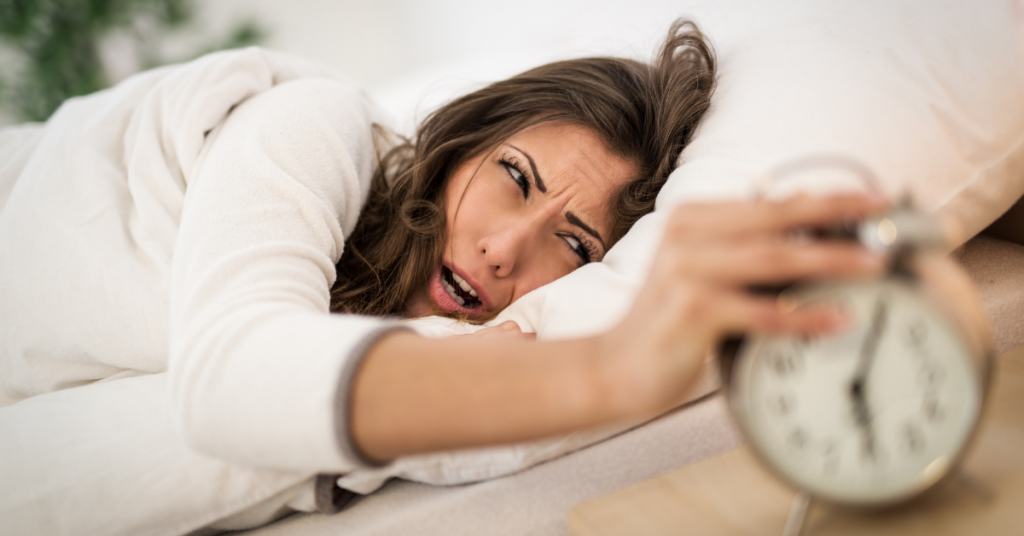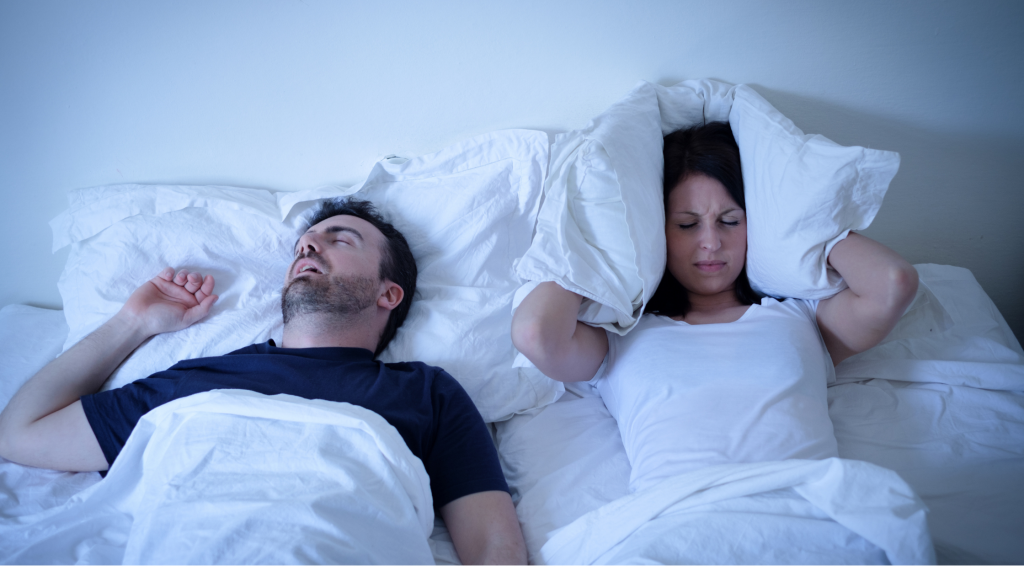Sleep talking can be a funny thing. Hearing somebody say random words or whisper sweet nothings in the middle of the night — only to fall right back to sleep, can be an odd and fun thing to witness. Sleep talking is actually a sleeping disorder also known as somniloquy and usually, the sleep talker isn’t aware of what they talked about and won’t remember it the next day.
Doctors don’t know too much about sleep talking yet. Why it happens and what occurs in the brain while it happens still remains unknown but here are a few things you need to know about it.
Sleep talk is very common but not considered as a medical condition. Sometimes, it can sound like the person is talking to themselves or it can also sound like they’re talking to another person. Sleep talking is defined by different stages and severity.
Stages of Sleep Talking
Stages 1 and 2: This stage is not that deep yet. Speech is easier to understand and they can have entire conversations that make sense.
Stages 3 and 4: In these stages, speech is harder to understand and may sound more like moaning or gibberish.
The severity of Sleep Talking
Mild: Sleep talk occurs less than once in a month.
Moderate: Sleep talk happens once a week but not every night. The talking does not disturb the sleep of other people in the room.
Severe: The person sleep talks every night and it already interferes with the sleep of other people.
Who talks in their sleep?
Almost 50% of kids between the age of 3 and 10 can carry conversations while they sleep. While for adults, only about 5% experience this. According to a study, girls talk in their sleep as much as boys do and experts think that it can also run in families.
As you grow older, the chances of sleep talking increases and can also be triggered by:
- sickness
- fever
- drinking alcohol
- stress
- mental health conditions, such as depression
- sleep deprivation
People with other sleep disorders like sleep apnea, sleepwalking, night terrors or nightmare are also at an increased risk for sleep talking.
When to see a doctor
Usually, sleep talking isn’t considered to be a serious medical condition, but there are circumstances where it might be appropriate to see a doctor.
If your sleep talking is already interfering with your sleep quality and causing you exhaustion throughout the day, then visiting your doctor would be a great idea. In some situations, it can also occur with more serious problems like nighttime seizures or psychiatric disorders.
At a later age can be caused by an underlying medical condition. So, if you start having the symptom for the first time at 25 years old, then you should also schedule an appointment with your doctor.
How is talking in your sleep treated?
No tests are needed to diagnose it but your doctor may order a sleep study or polysomnogram (sleep recording) if you have a sign of another sleep disorder.
How can you reduce the amount of sleep talking?
There are no known ways to reduce the symptom, but avoiding stress and getting a lot of rest can make you less likely to talk in your sleep.
Keeping a sleep diary for at least two weeks can help your doctor identify if you have any underlying problems that cause the symptom. Note your sleep schedule – the time you fell asleep and woke up. You should also write down:
- medications you take and schedules you take them
- what you drink each day and when (include caffeinated drinks such as cola, tea, and coffee, as well as alcohol)
- when you exercise
Sleep talking is a harmless condition that can happen to anyone at any point in their lives. It requires no treatment and most likely to resolve on its own. But still, if you worry about any symptoms or if it already affects your life, it’s best to consult your doctor.









